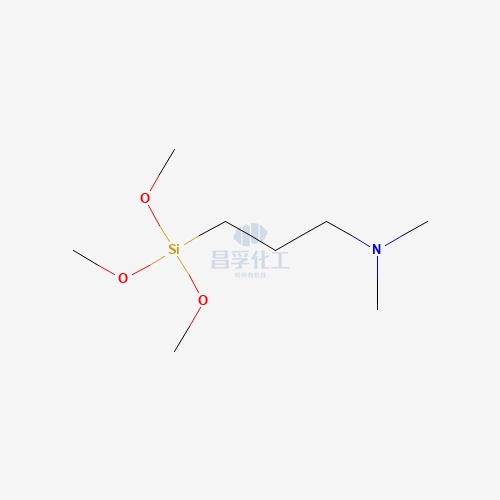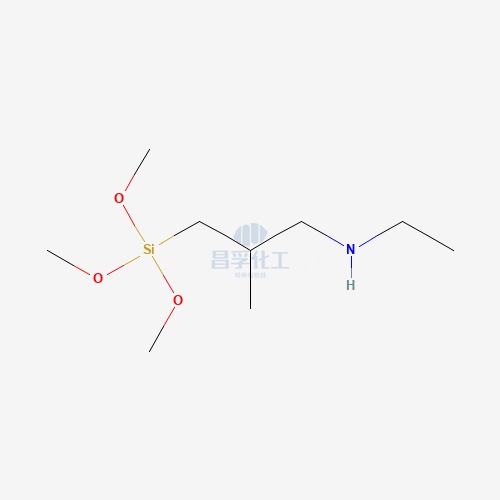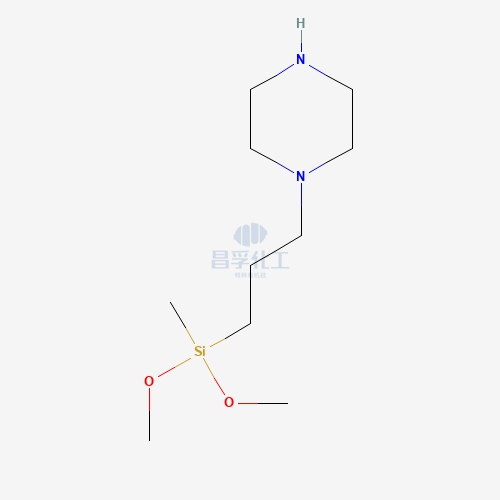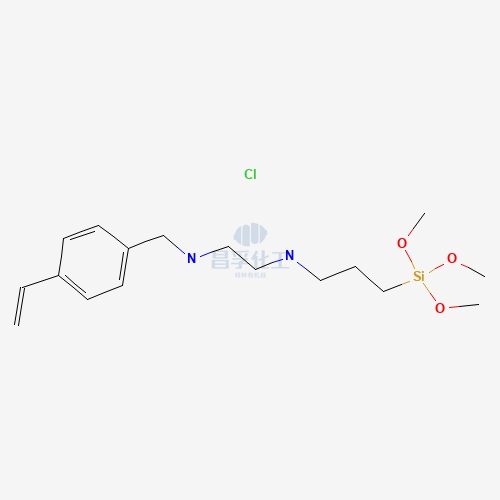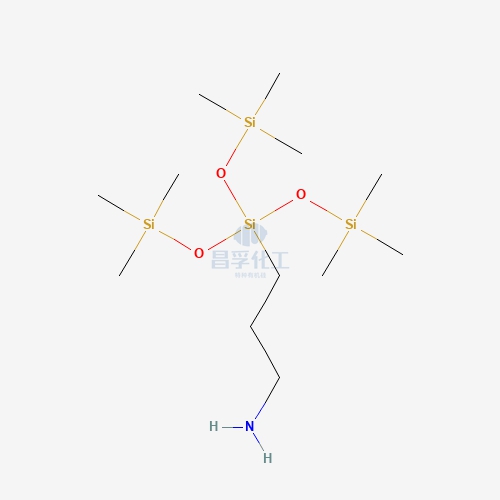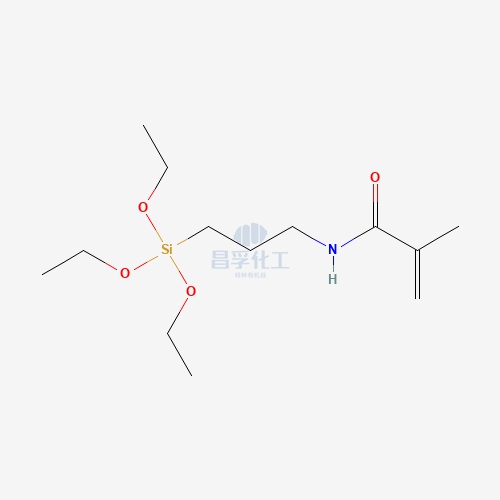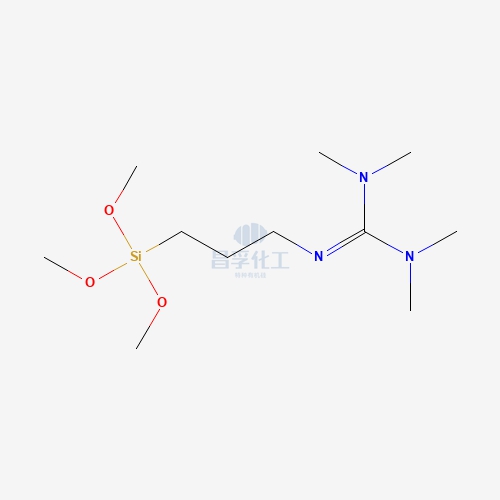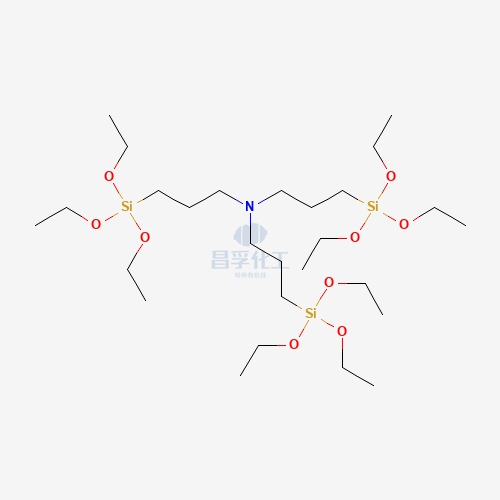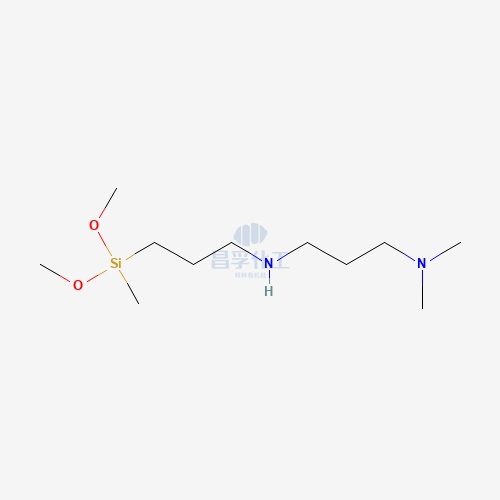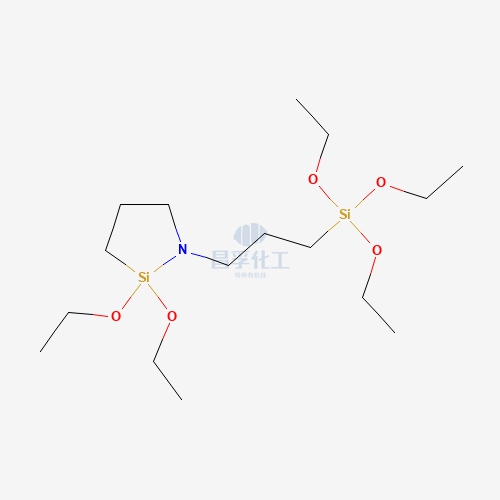
Contact Changfu Chemical Now!
+86 27 8439 6550 | +86 181 6277 0058
Silicone Compounds: The Advanced Silicones Revolutionizing Modern Applications
Introduction
In today's rapidly evolving world, silicone compounds have become indispensable across various industries. These versatile materials are paving the way for technological advancements and innovations. Silicone compounds, which include advanced silicones, offer a range of unique properties that make them ideal for numerous applications. From electronics to healthcare, construction to automotive, these materials are reshaping the landscape of modern engineering and manufacturing.
In this blog, we'll explore the various aspects of silicone compounds and advanced silicones, delving into their properties, applications, and the reasons behind their growing popularity.
Understanding Silicone Compounds
Silicone compounds are made from siloxane, a polymer composed of silicon, oxygen, carbon, and hydrogen. These compounds are characterized by their flexibility, durability, and resistance to extreme temperatures. The basic structure of silicone compounds allows for the creation of various forms, including liquids, gels, rubbers, and resins. This versatility makes silicone compounds a go-to material for countless industries.
Properties of Silicone Compounds
The unique properties of silicone compounds stem from their molecular structure. Key characteristics include:
- Thermal Stability: Silicone compounds can withstand a wide range of temperatures, from as low as -100°C to as high as 300°C, making them ideal for applications that involve extreme conditions.
- Chemical Resistance: These compounds are resistant to water, oxidation, and many chemicals, including acids and bases. This makes them suitable for use in harsh environments.
- Electrical Insulation: Silicone compounds are excellent insulators, which is why they are commonly used in the electronics industry.
- Flexibility and Elasticity: Despite their robustness, silicone compounds retain flexibility, allowing them to be molded into various shapes and forms.
![]()
Advanced Silicones: The Next Generation
Advanced silicones represent a significant evolution in silicone technology, offering enhanced properties that make them suitable for more demanding applications. These specially engineered materials are designed to meet the rigorous requirements of high-performance industries, such as aerospace, automotive, healthcare, and electronics. Let's dive deeper into the specific types and characteristics of advanced silicones.
High-Performance Silicone Elastomers
Silicone elastomers are a key subset of advanced silicones, known for their remarkable flexibility and durability. These materials can be stretched, compressed, and bent without losing their original shape, making them ideal for dynamic applications.
-
Extreme Temperature Resistance: High-performance silicone elastomers can withstand temperatures ranging from -100°C to over 300°C. This makes them suitable for use in extreme environments, such as in aerospace or automotive engines, where materials must perform reliably under harsh conditions.
-
Enhanced Mechanical Properties: These elastomers are engineered to offer superior mechanical properties, including tensile strength, tear resistance, and elongation at break. This makes them ideal for seals, gaskets, and O-rings used in high-stress environments.
-
Chemical and Environmental Resistance: Advanced silicone elastomers exhibit excellent resistance to chemicals, UV radiation, and ozone. This makes them particularly useful in outdoor applications and in industries where exposure to harsh chemicals is common.
Silicone Fluids
Silicone fluids are another critical category of advanced silicones, offering a wide range of viscosities and unique properties that make them versatile in various applications.
-
Thermal Stability: Silicone fluids maintain their viscosity and lubricating properties over a wide temperature range. This stability is crucial in applications such as hydraulic fluids, where consistent performance is required even under varying temperature conditions.
-
Lubrication and Damping: Due to their low surface tension and high spreadability, silicone fluids are excellent lubricants and damping agents. They are used in automotive shock absorbers, damping fluids in precision instruments, and as lubricants in delicate machinery where non-reactivity is essential.
-
Hydrophobic Properties: Silicone fluids are hydrophobic, making them useful in waterproofing and anti-corrosion coatings. They are also used in cosmetic formulations to impart a silky feel and improve the spreadability of products like creams and lotions.
Silicone Resins
Silicone resins are thermosetting polymers that offer high thermal and electrical resistance, making them suitable for use in demanding applications such as coatings, adhesives, and electronic components.
-
High Dielectric Strength: Silicone resins provide excellent insulation properties, making them ideal for use in electronic devices where electrical insulation is critical. They are used in the encapsulation of electronic components, providing protection against moisture, dust, and electrical interference.
-
Thermal Stability: These resins can withstand high temperatures without degrading, which is essential in applications such as protective coatings for industrial machinery and automotive parts that operate under high heat.
-
Adhesion and Durability: Silicone resins exhibit strong adhesion to various substrates, including metals, glass, and plastics. This makes them ideal for use in high-performance coatings that require durability and resistance to environmental factors.
Applications of Advanced Silicones
The enhanced properties of advanced silicones have opened up new possibilities across various industries. Their unique characteristics make them indispensable in applications where performance, reliability, and longevity are paramount.
Aerospace and Aviation
In the aerospace industry, advanced silicones are critical due to their ability to perform under extreme conditions.
-
Thermal Protection Systems: Advanced silicones are used in thermal protection systems for spacecraft and aircraft, where materials must withstand the intense heat generated during re-entry or high-speed flight.
-
Fuel and Hydraulic Seals: High-performance silicone elastomers are used in seals for fuel systems, hydraulic systems, and other critical components in aircraft, where they provide long-lasting, reliable performance.
Automotive Industry
The automotive sector relies heavily on advanced silicones for their durability and performance under stress.
-
Engine Components: Advanced silicones are used in gaskets, seals, and hoses that must endure the high temperatures and pressures found in automotive engines. Their resistance to oil and other fluids ensures long-term reliability.
-
Electrical Insulation: Silicone resins are used to insulate electrical components in vehicles, protecting them from moisture, heat, and vibration.
Healthcare and Medical Devices
Advanced silicones are vital in the healthcare industry due to their biocompatibility and safety.
-
Implants and Prosthetics: Medical-grade silicones are used in implants and prosthetics due to their biocompatibility, flexibility, and durability. These materials can be engineered to closely mimic the properties of human tissue.
-
Drug Delivery Systems: Advanced silicones are used in controlled-release drug delivery systems, where their permeability and chemical stability allow for precise dosage control over extended periods.
Electronics and Electrical Applications
In the electronics industry, the insulating and protective properties of advanced silicones are invaluable.
-
Encapsulation and Potting: Silicone resins are used to encapsulate and pot electronic components, providing protection from environmental factors such as moisture, dust, and vibration.
-
Thermal Management: Advanced silicone compounds are used in thermal interface materials (TIMs) to manage heat dissipation in electronic devices, ensuring reliable performance and preventing overheating.
Construction and Architecture
The construction industry benefits from the durability and weather resistance of advanced silicones.
-
Energy-Efficient Buildings: Advanced silicone sealants and adhesives are used in the construction of energy-efficient buildings. They provide airtight seals that reduce energy loss, contributing to sustainability.
-
Glazing and Facade Systems: Silicone compounds are used in glazing and facade systems to provide long-lasting weatherproofing and insulation.
Consumer Goods
In the consumer goods sector, advanced silicones enhance the performance and safety of products.
-
Personal Care Products: Silicone fluids are used in cosmetics and personal care products for their smooth application and long-lasting effects. They are found in products like lotions, shampoos, and deodorants.
-
Cookware and Utensils: Advanced silicones are used in the manufacture of non-stick, heat-resistant cookware and baking utensils, offering both safety and convenience to consumers.
Advanced Silicone Modifications
Innovations such as polyether modified polysiloxane are expanding the scope of applications for silicones. These modifications allow for improved compatibility with organic and inorganic substances, enhancing the performance of silicones in applications like coatings, adhesives, and personal care products. By combining the properties of polyethers and polysiloxanes, these modified silicones offer unique benefits, such as improved spreadability, reduced surface tension, and enhanced environmental resistance.
Advantages of Using Advanced Silicones
Advanced silicones offer several benefits over traditional materials, making them the preferred choice in many high-performance applications.
- Longevity: Products made from advanced silicones have a longer lifespan, reducing the need for frequent replacements and lowering maintenance costs.
- Safety: Being non-toxic, hypoallergenic, and biocompatible, advanced silicones are safe for use in medical devices and consumer products.
- Sustainability: Advanced silicones contribute to environmental sustainability by improving the energy efficiency of buildings, reducing waste in manufacturing, and enabling the development of longer-lasting products.
- Customization: Advanced silicones can be engineered to meet specific performance criteria, allowing for tailored solutions in specialized applications.
The Future of Silicone Compounds and Advanced Silicones
As technology advances, the demand for silicone compounds and advanced silicones is expected to grow. Innovations in nanotechnology, materials science, and manufacturing techniques are likely to further enhance the properties of these compounds, leading to new applications and improved performance in existing ones.
-
Nanotechnology Integration: The integration of nanotechnology with silicone compounds could lead to the development of advanced silicones with even more refined properties, such as increased strength, better conductivity, or enhanced thermal management.
-
Sustainability Initiatives: The focus on sustainability is driving the development of environmentally friendly silicones that offer the same performance benefits while minimizing environmental impact. This includes the creation of biodegradable silicones and those with lower carbon footprints.
-
Biomedical Innovations: In the biomedical field, advanced silicones are likely to play a crucial role in the development of next-generation medical devices, implants, and drug delivery systems. Their ability to be customized for specific medical applications will continue to drive innovation in healthcare.
Conclusion
Silicone compounds and advanced silicones are revolutionizing modern industries by offering unmatched versatility, durability, and performance. From everyday consumer goods to critical industrial applications, these materials are indispensable in the modern world. As we look to the future, the continued development of advanced silicones promises to unlock even greater potential, driving innovation across a wide range of sectors.
FAQs
Q1: What are silicone compounds made of?
Silicone compounds are made from siloxane, a polymer composed of silicon, oxygen, carbon, and hydrogen.
Q2: What makes silicone compounds unique?
Silicone compounds are unique due to their thermal stability, chemical resistance, flexibility, and electrical insulation properties.
Q3: What are advanced silicones?
Advanced silicones are specially formulated silicone compounds that offer enhanced performance characteristics, such as higher resistance to wear, extreme temperatures, and chemicals.
Q4: Where are silicone compounds commonly used?
Silicone compounds are used in various industries, including electronics, automotive, healthcare, construction, and consumer goods.
Q5: Are silicone compounds safe for use in medical devices?
Yes, silicone compounds are biocompatible and widely used in medical devices, implants, and prosthetics.
Q6: How do advanced silicones contribute to sustainability?
Advanced silicones contribute to sustainability by improving energy efficiency, reducing waste in manufacturing, and offering long-lasting performance.
Read more: Top 5 China Organosilicon Compound Manufacturers: The Ultimate 2024 Guide
Popular Silicon Compounds
Popular Silicon Compounds
Related News & Blog
Related News & Blog


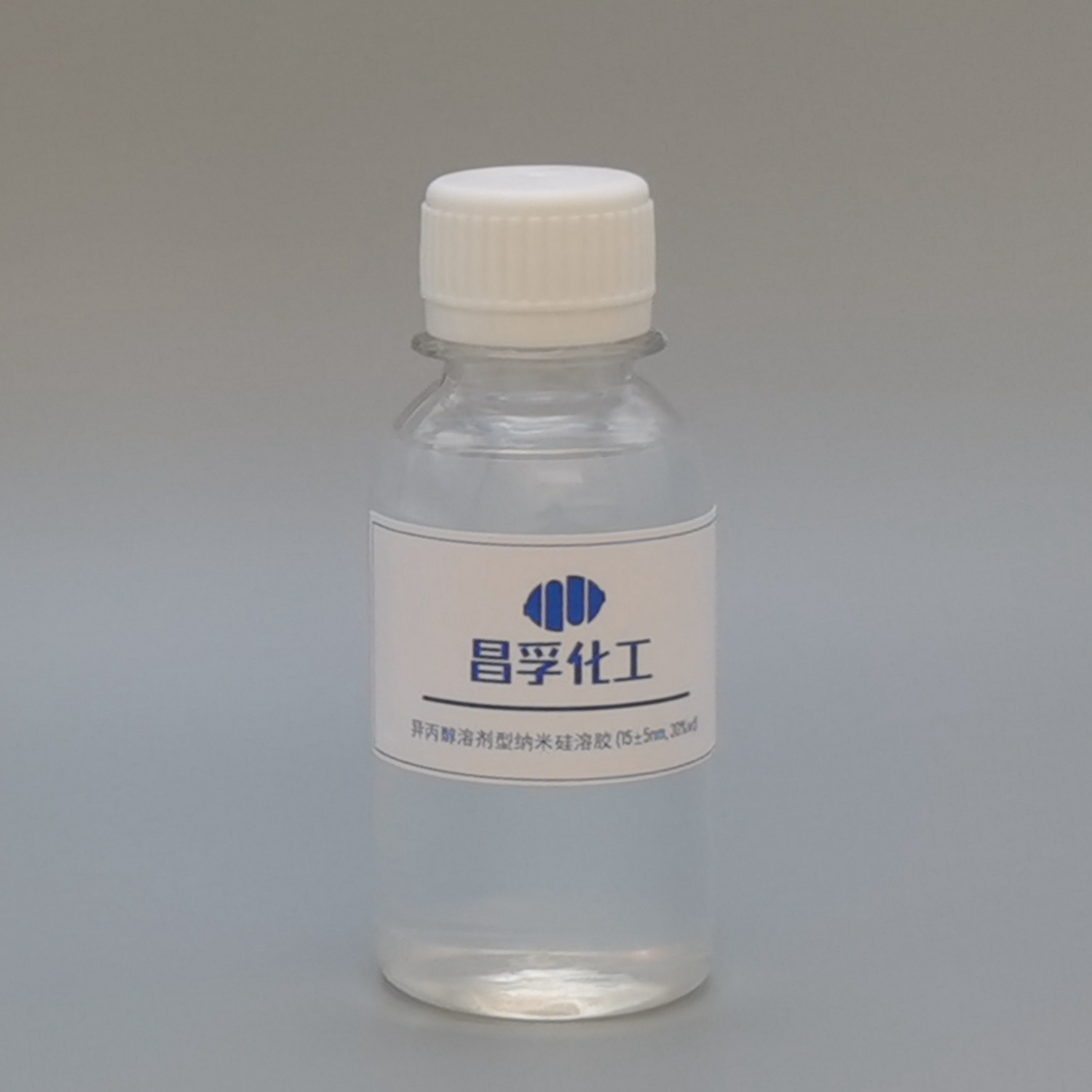
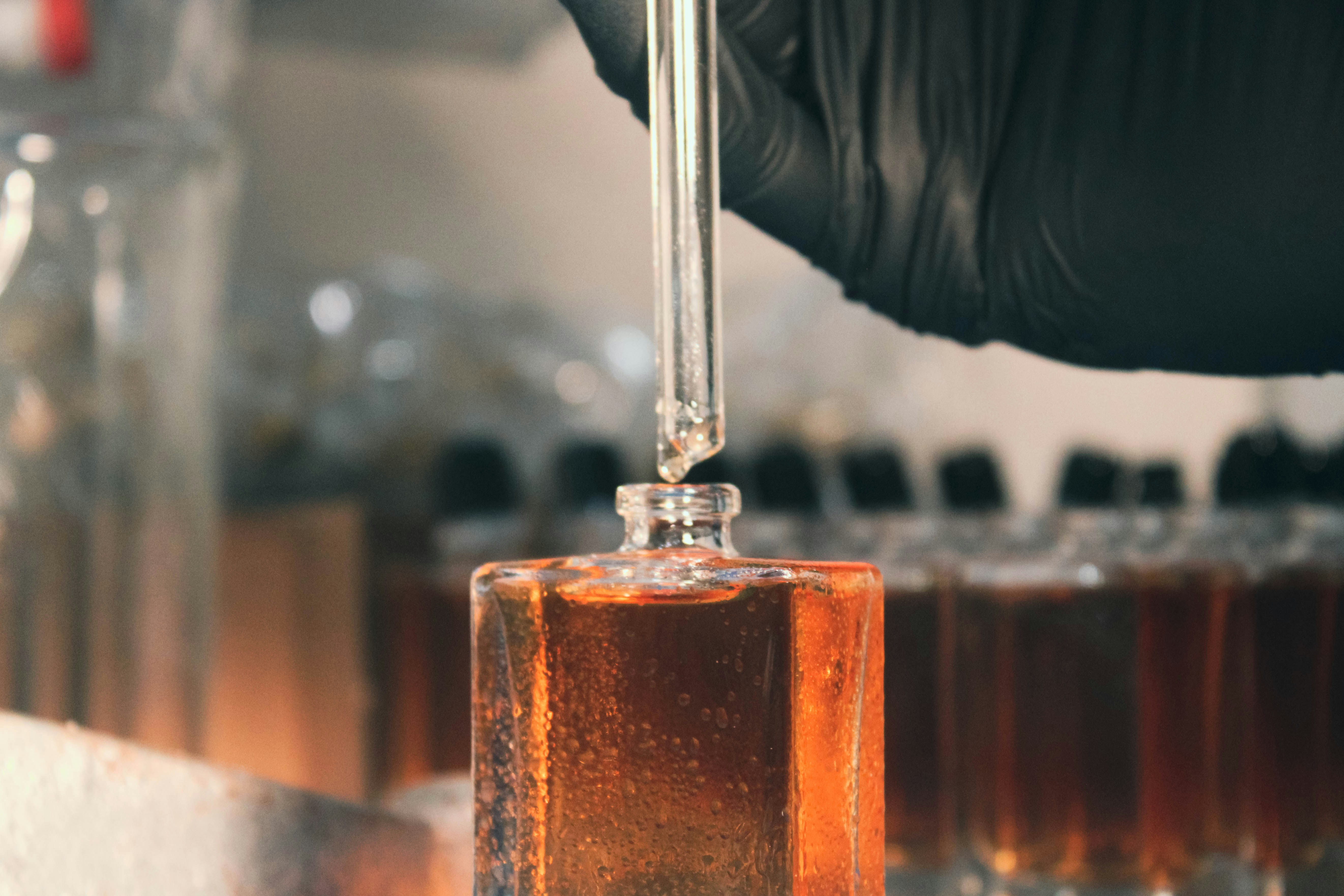
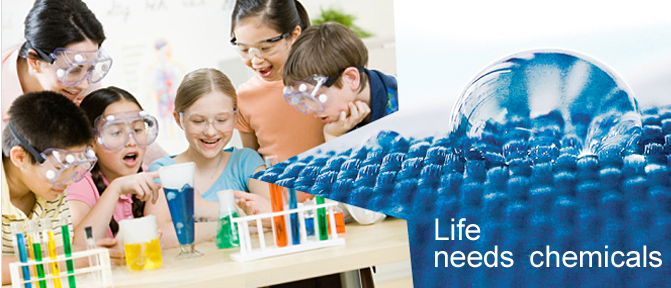








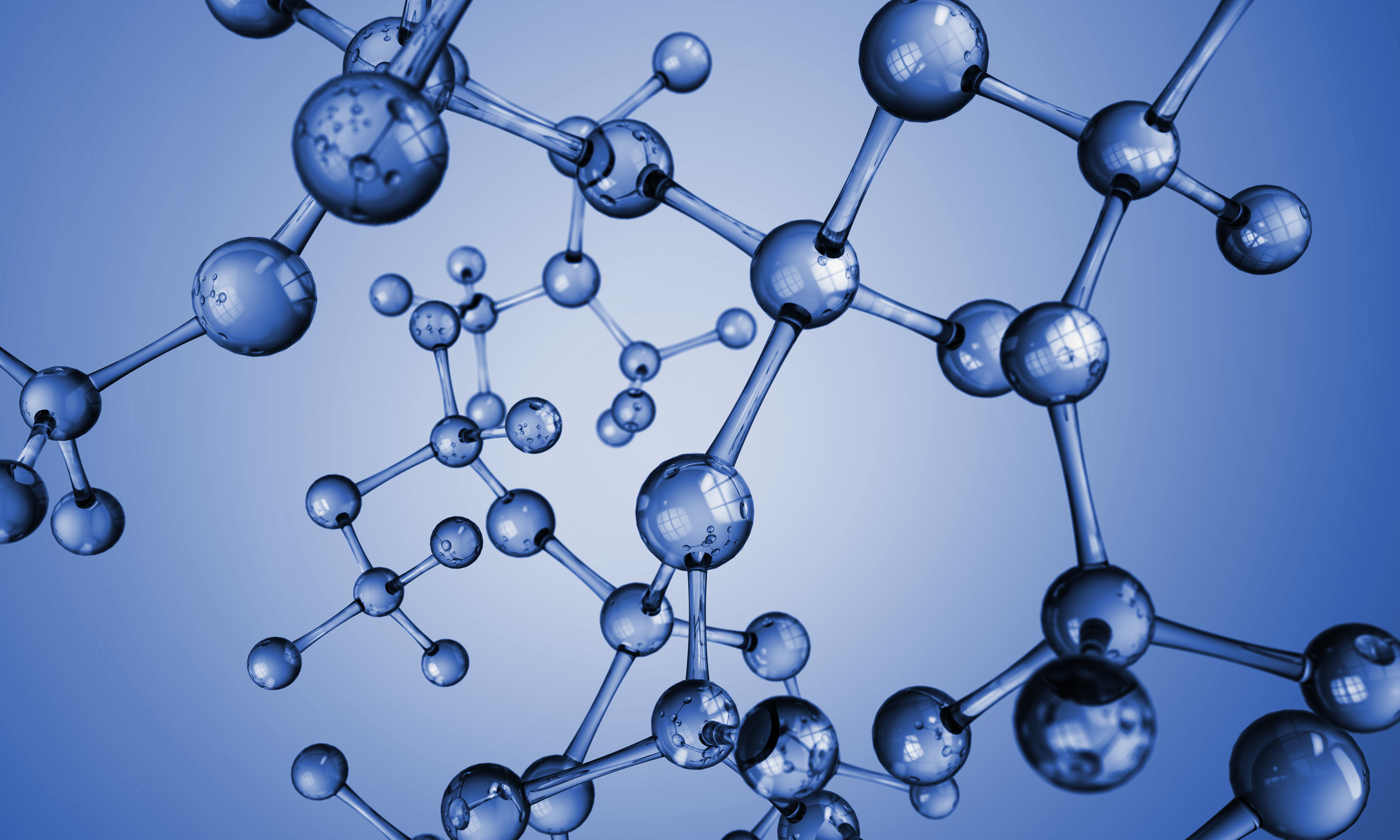










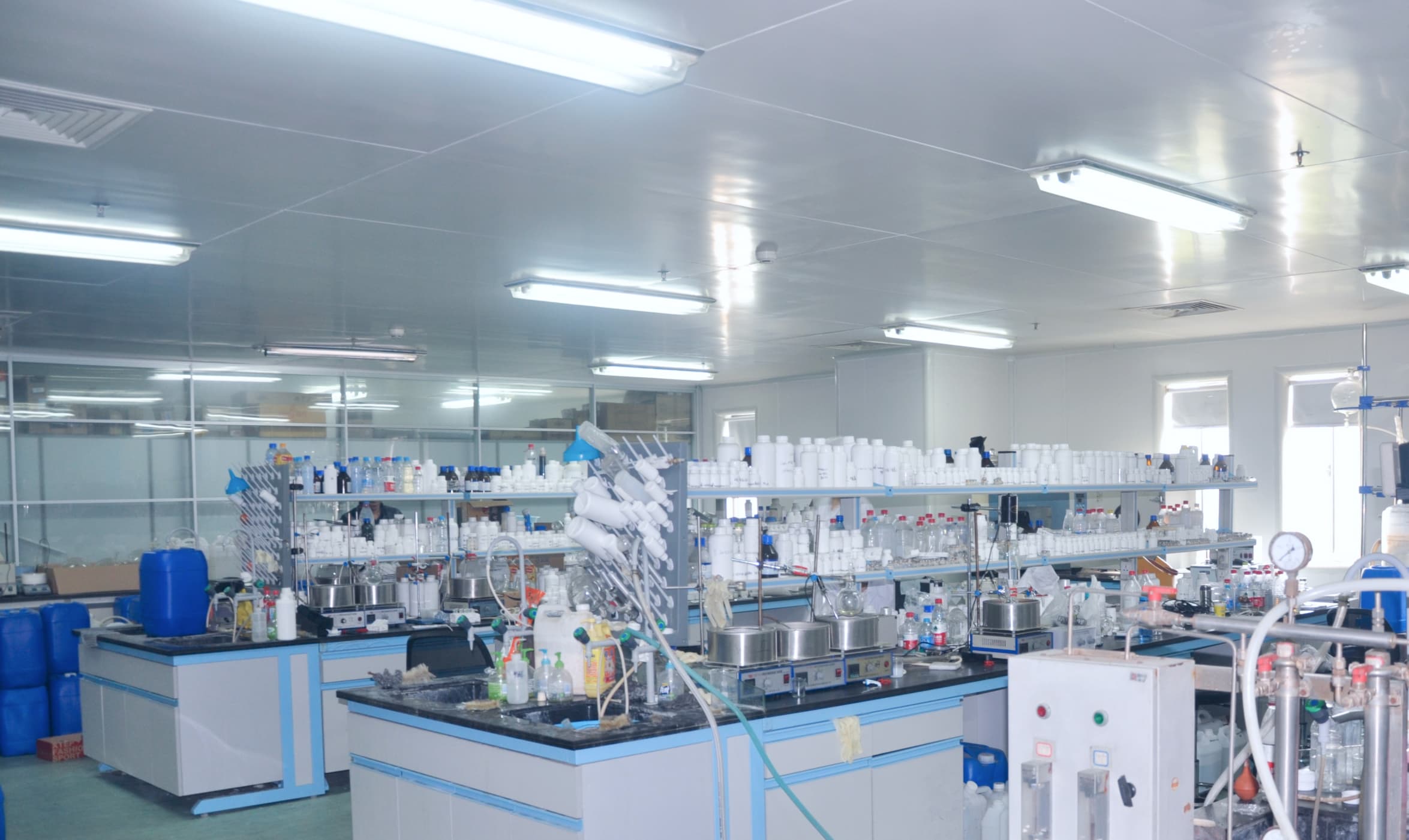


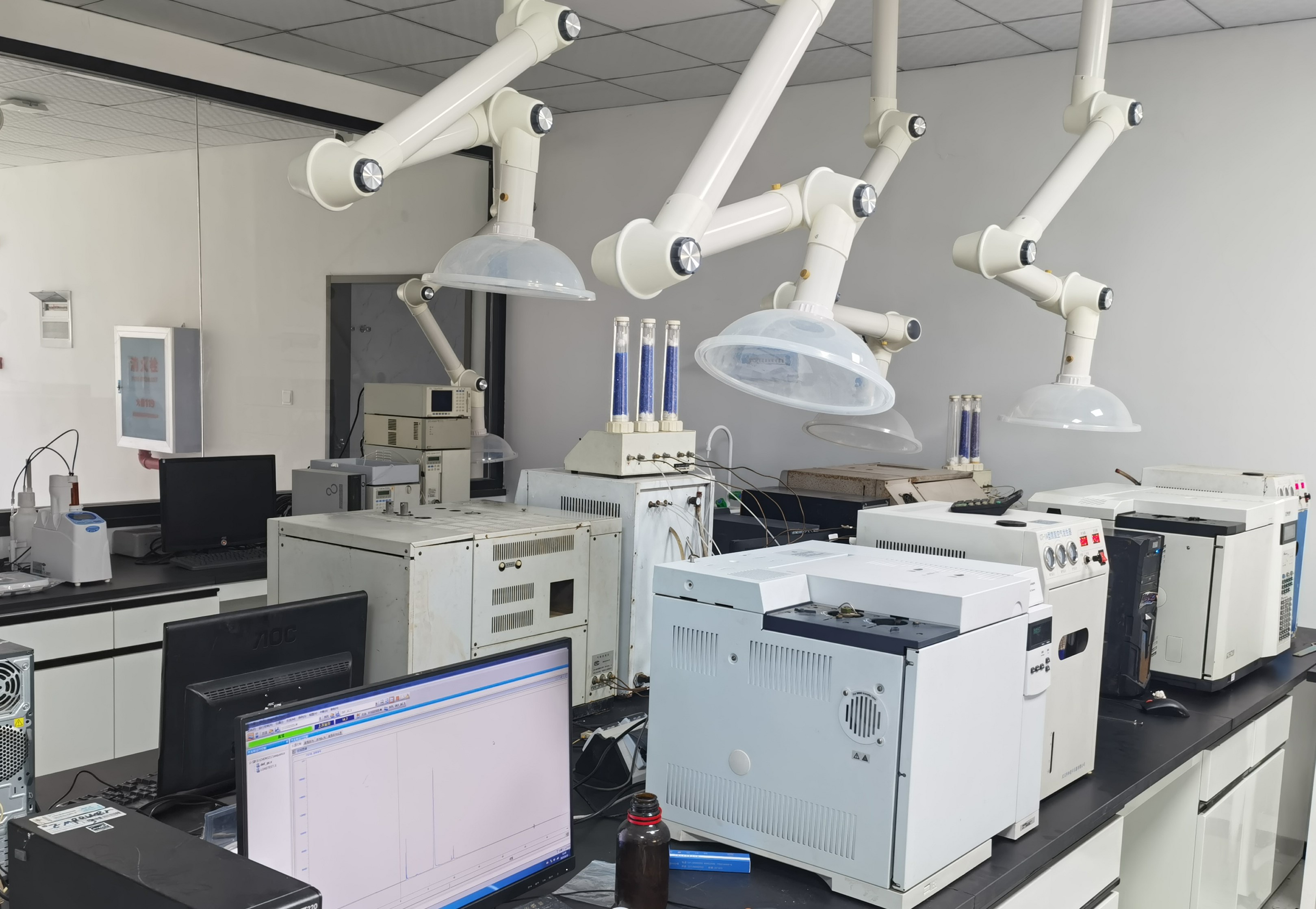

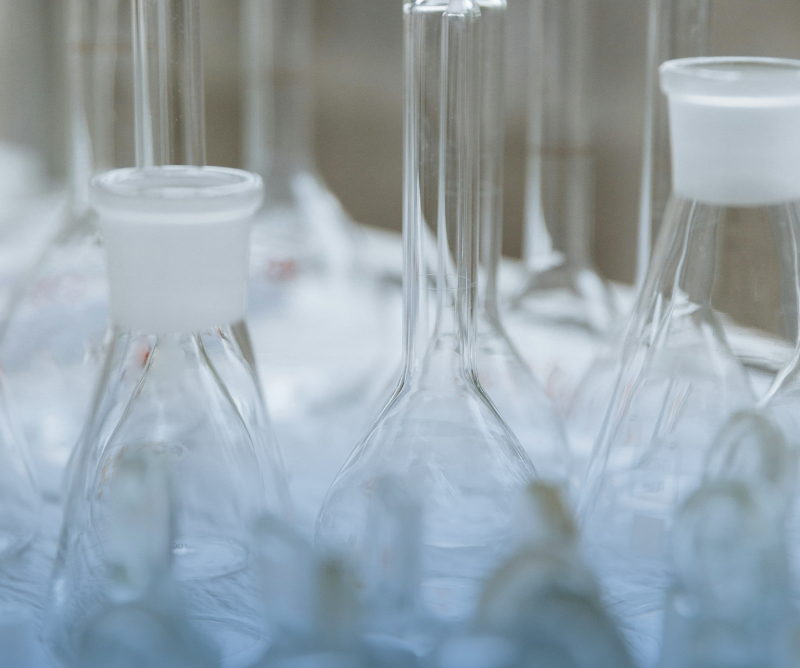

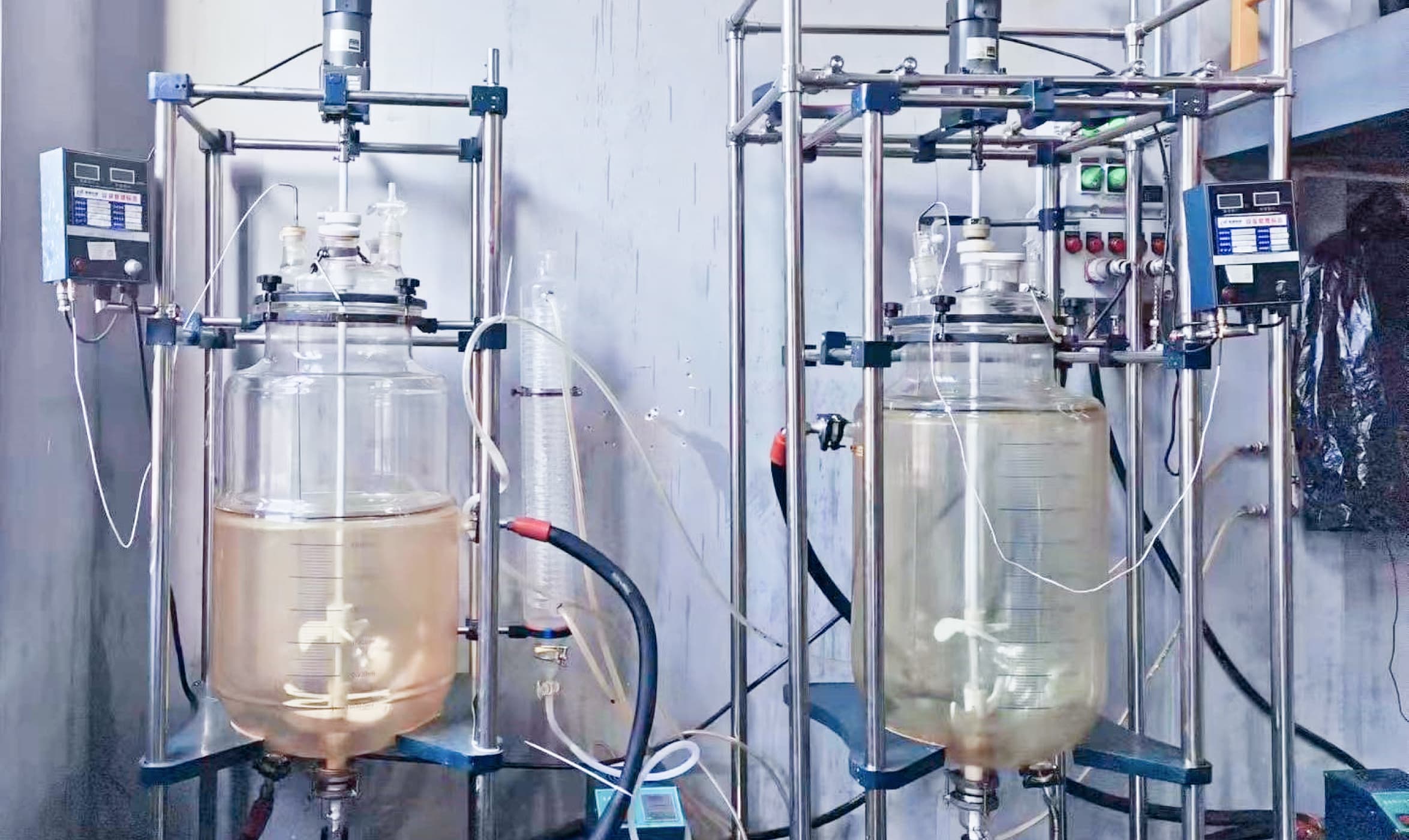



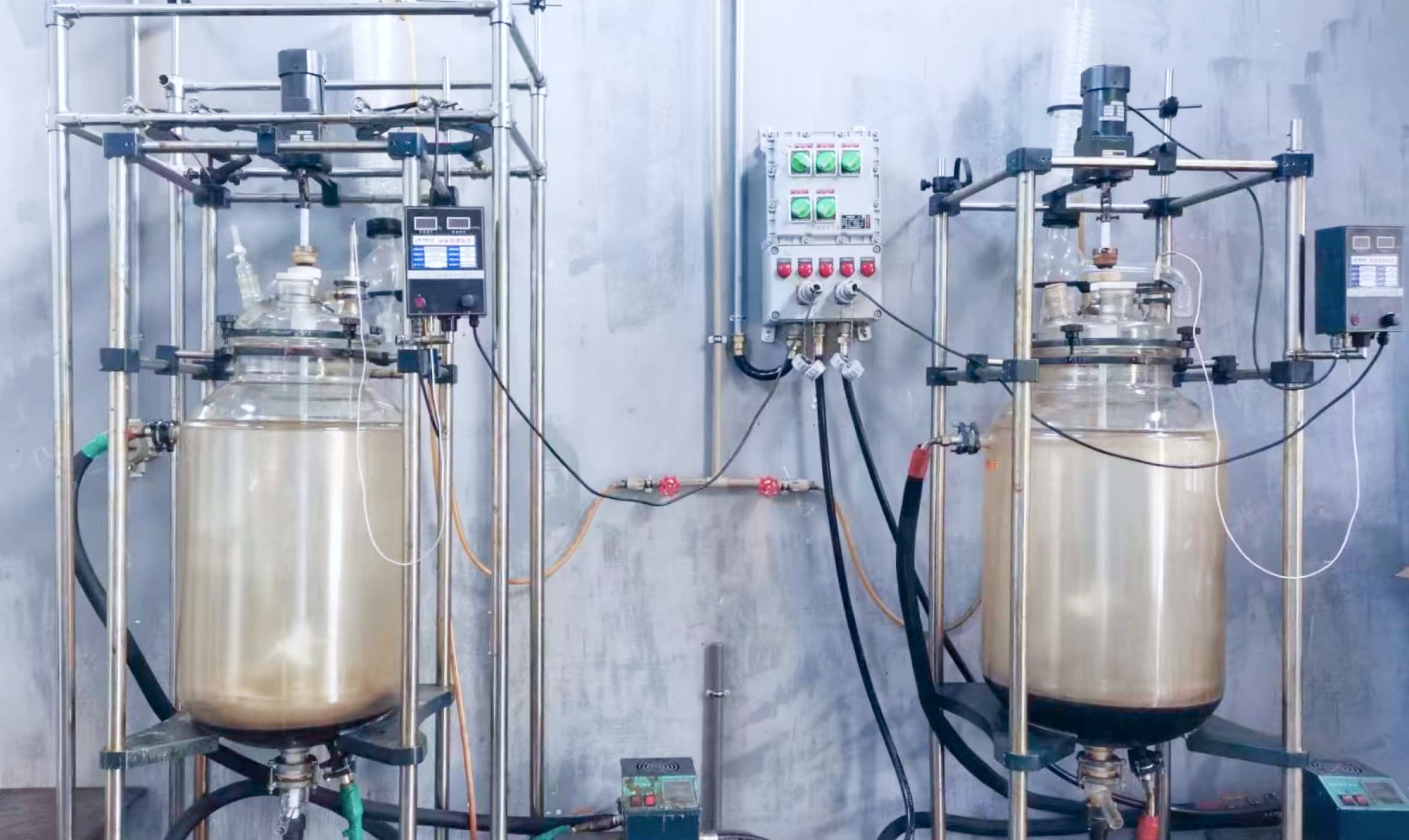
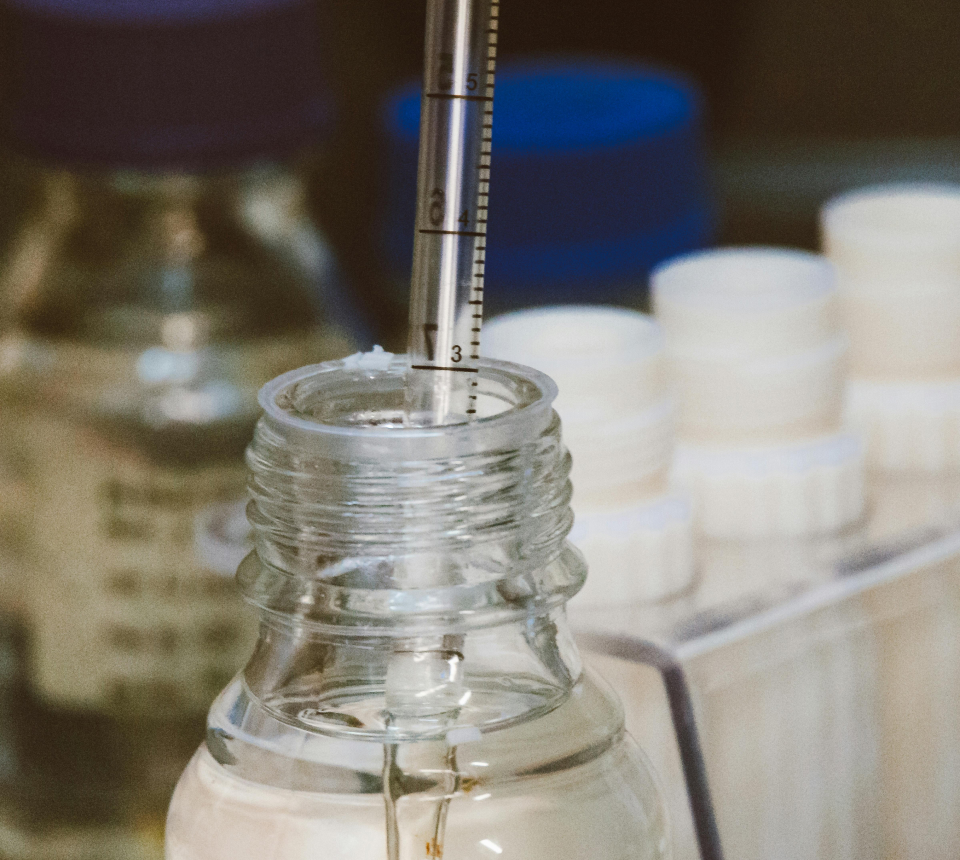





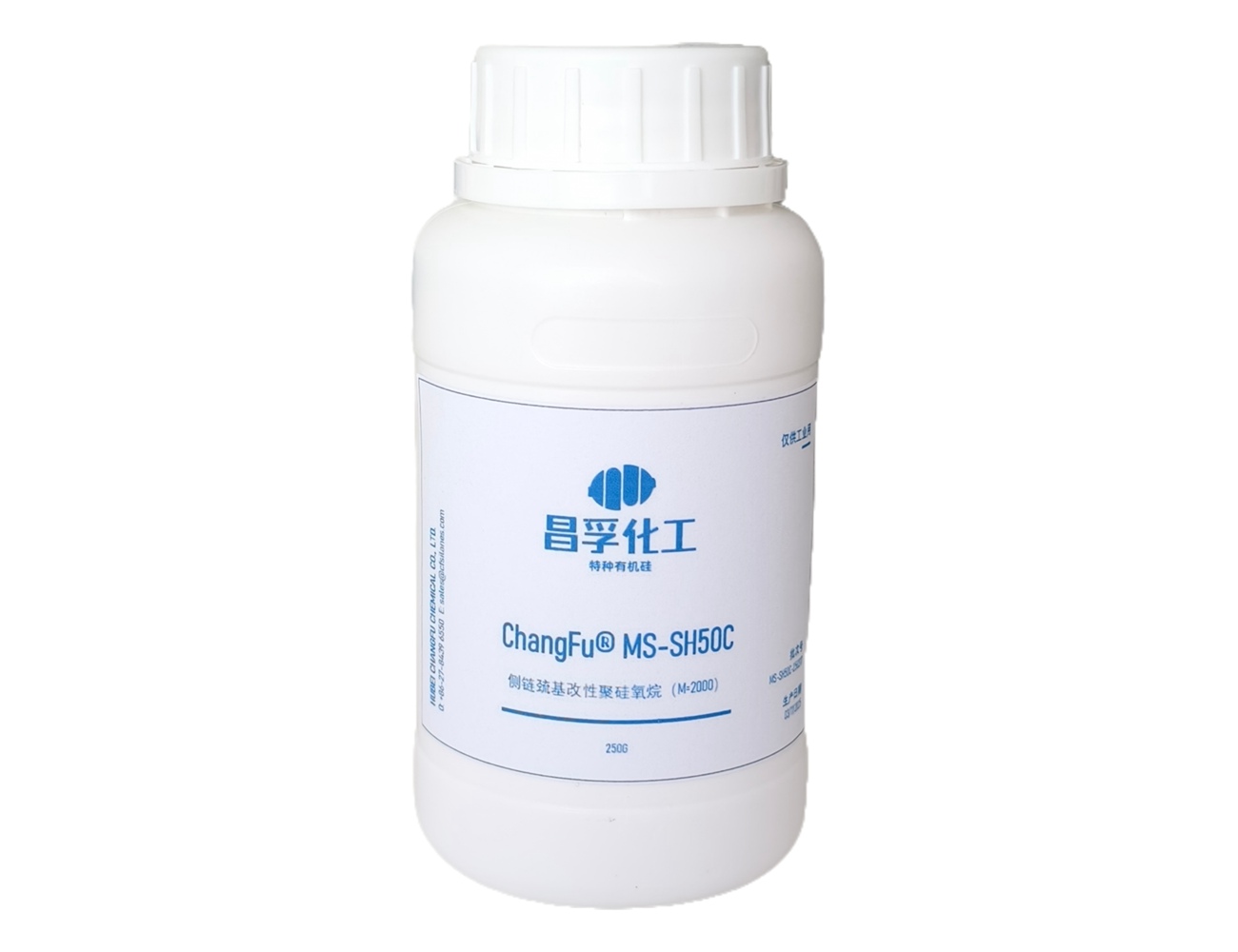



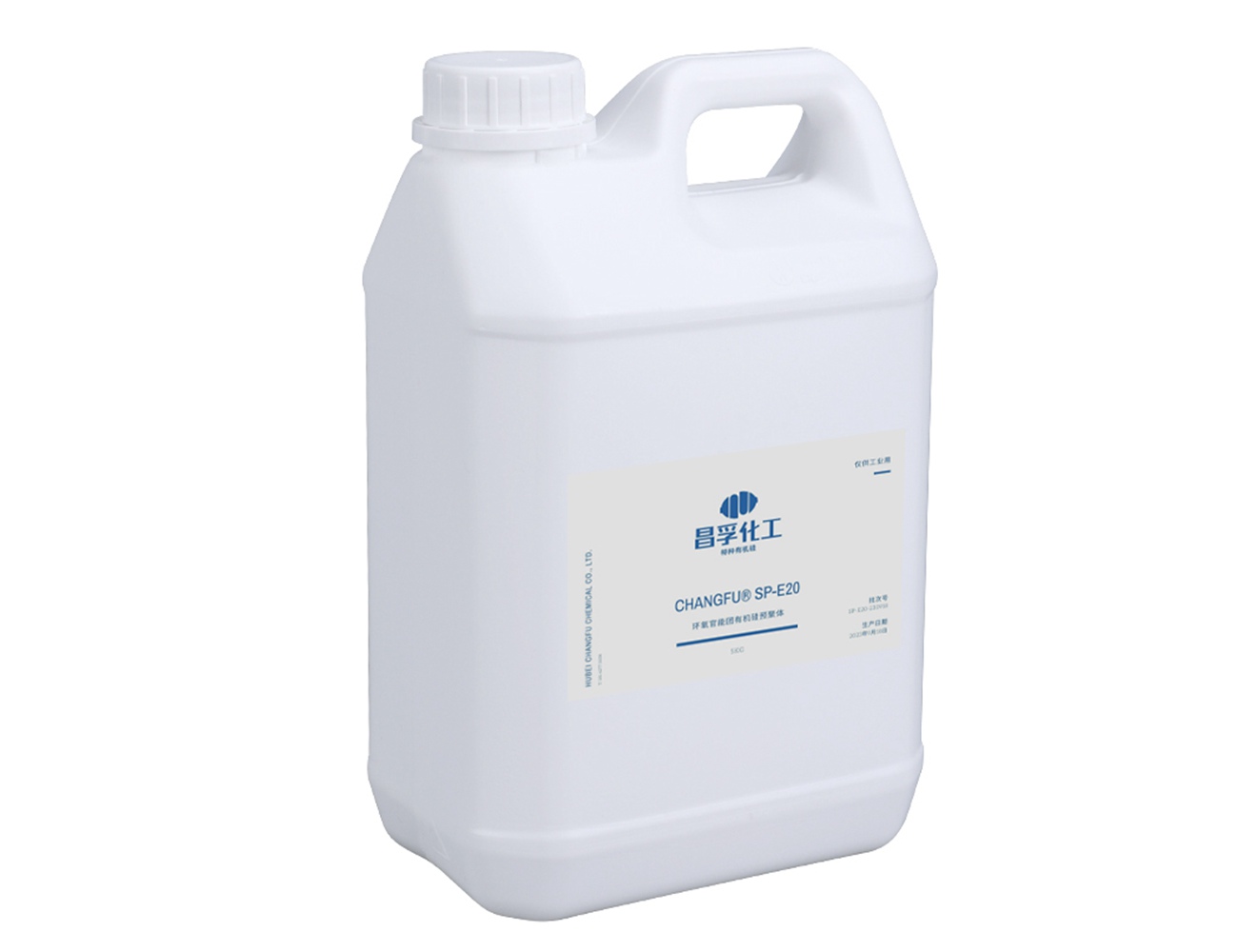
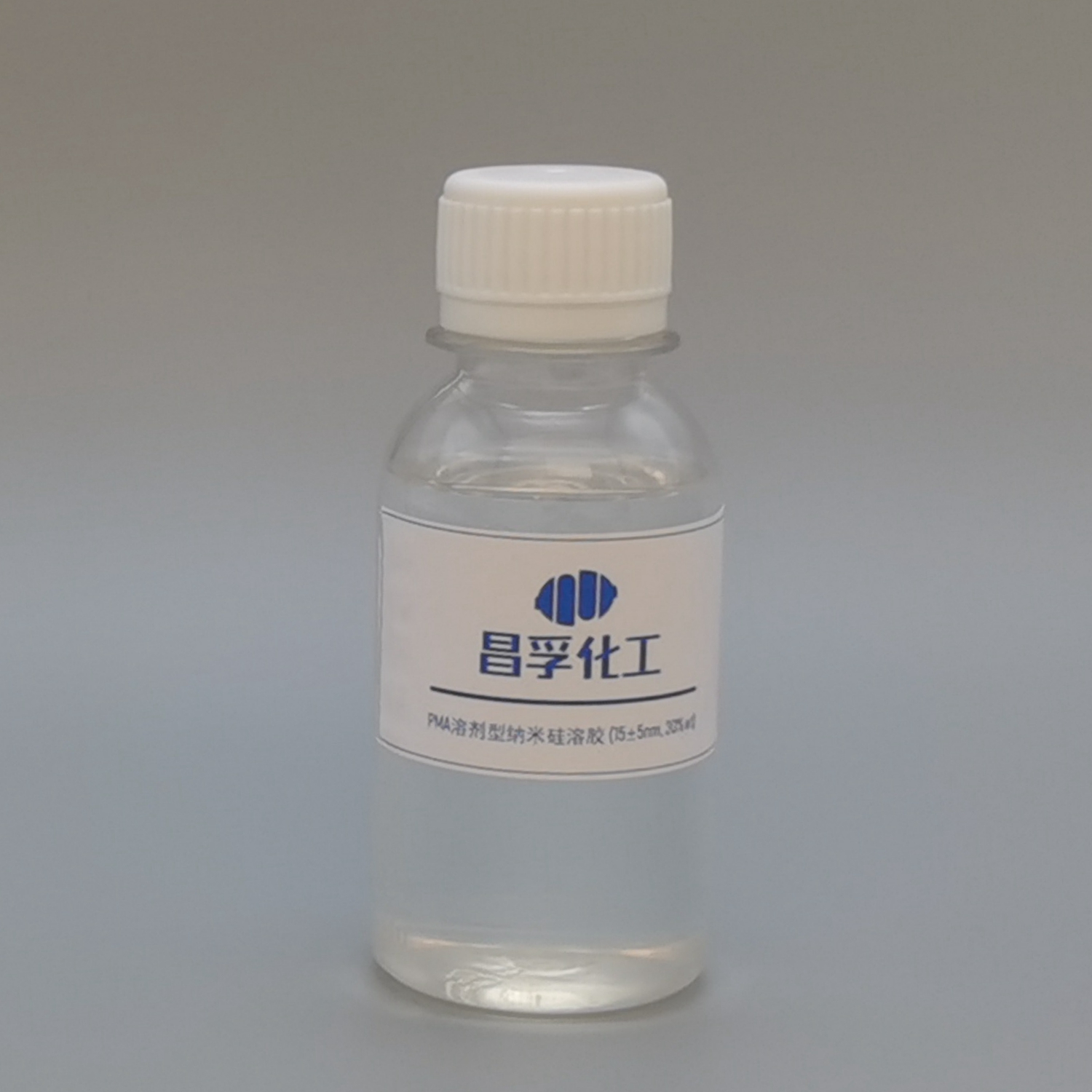
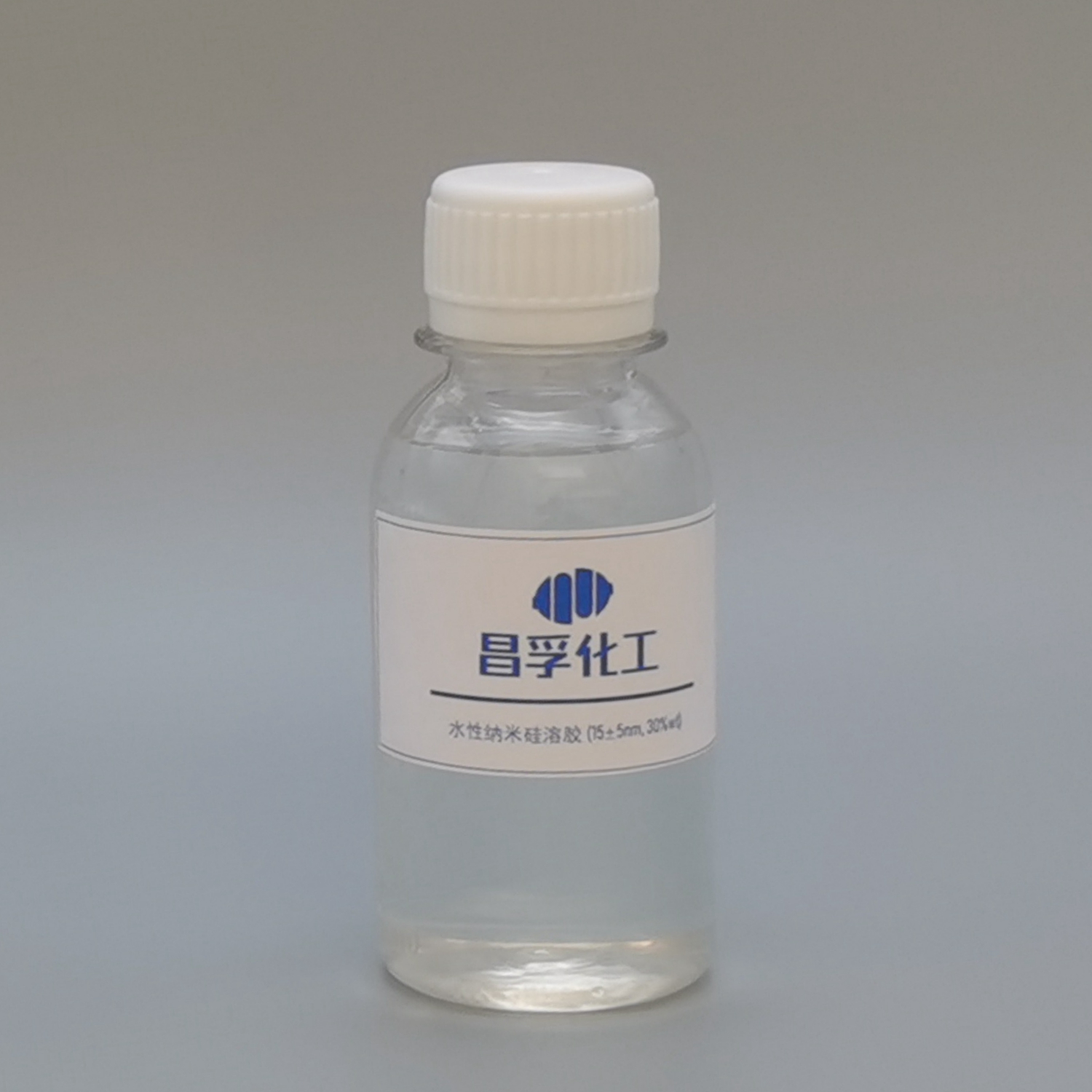

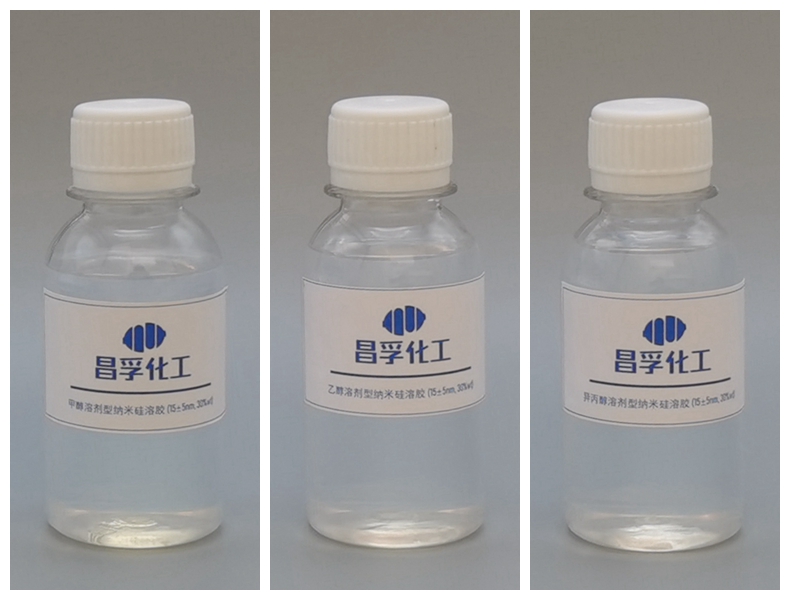
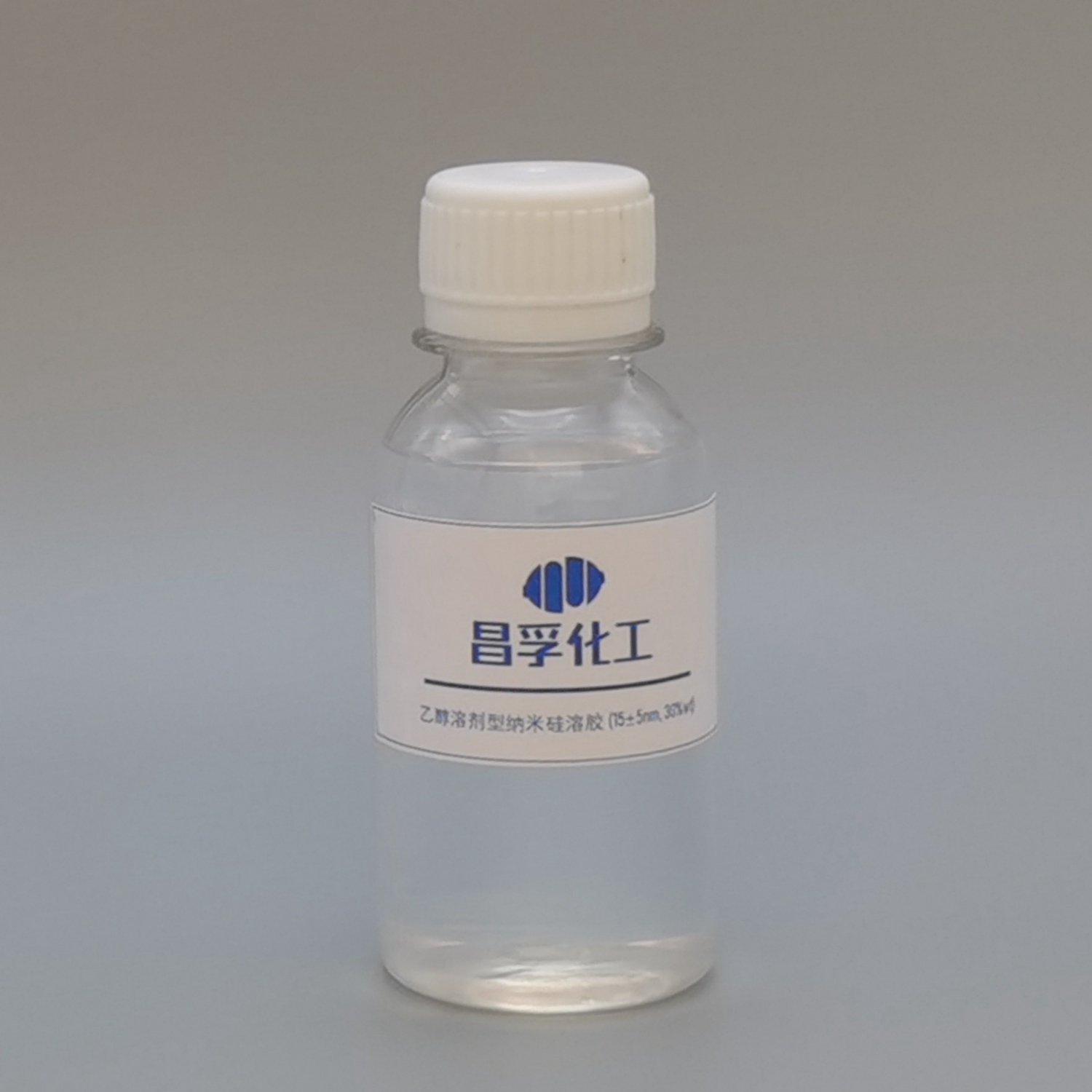
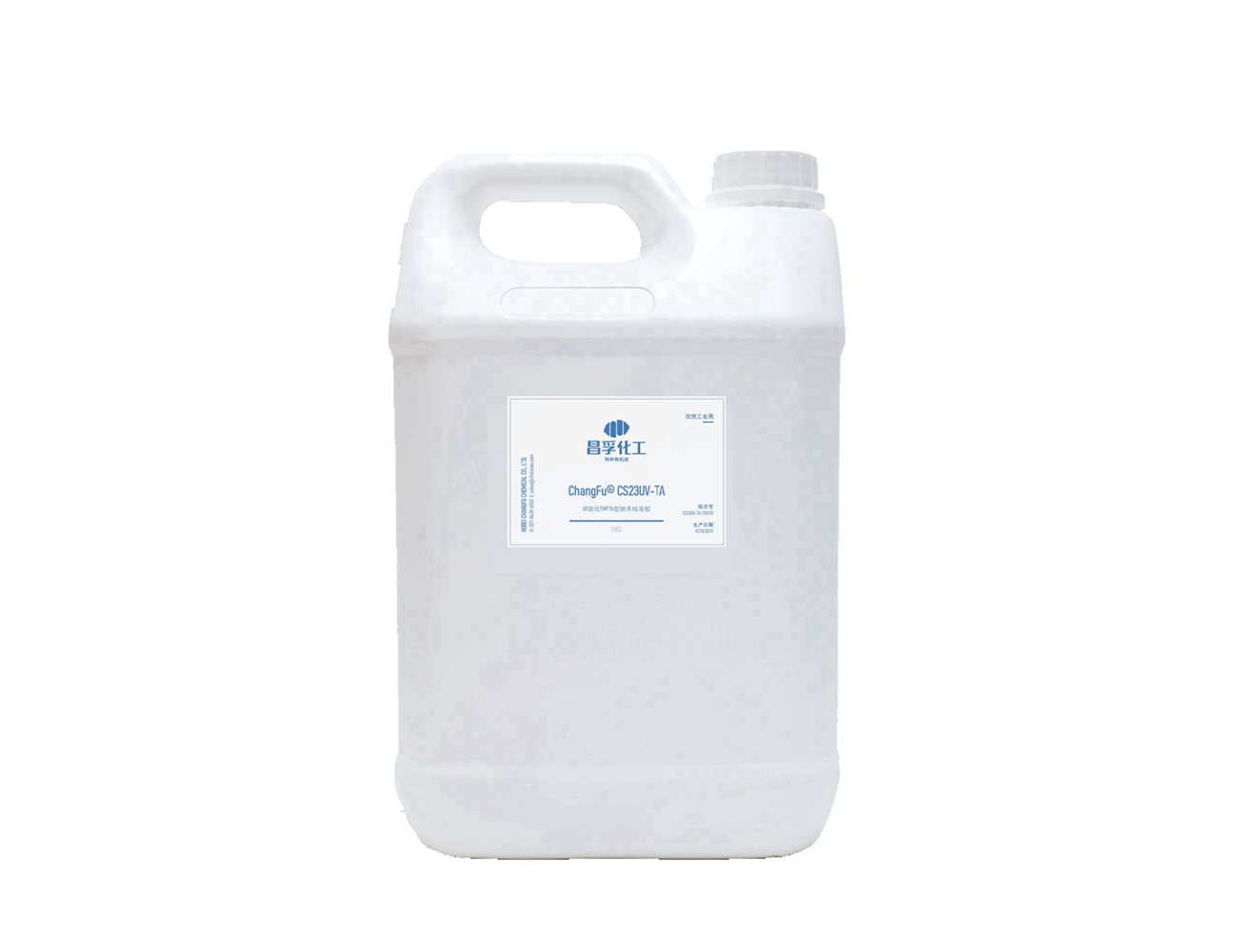
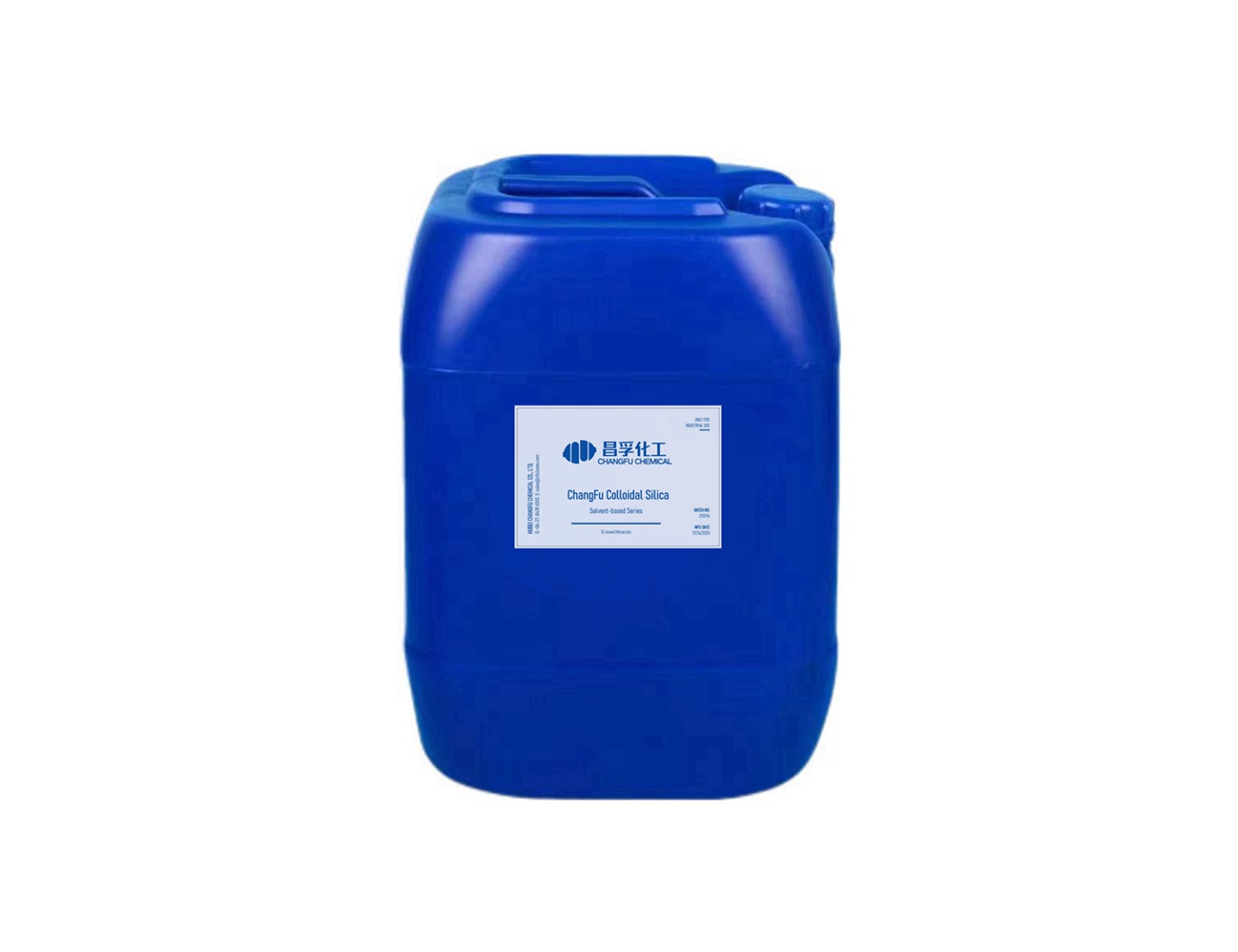


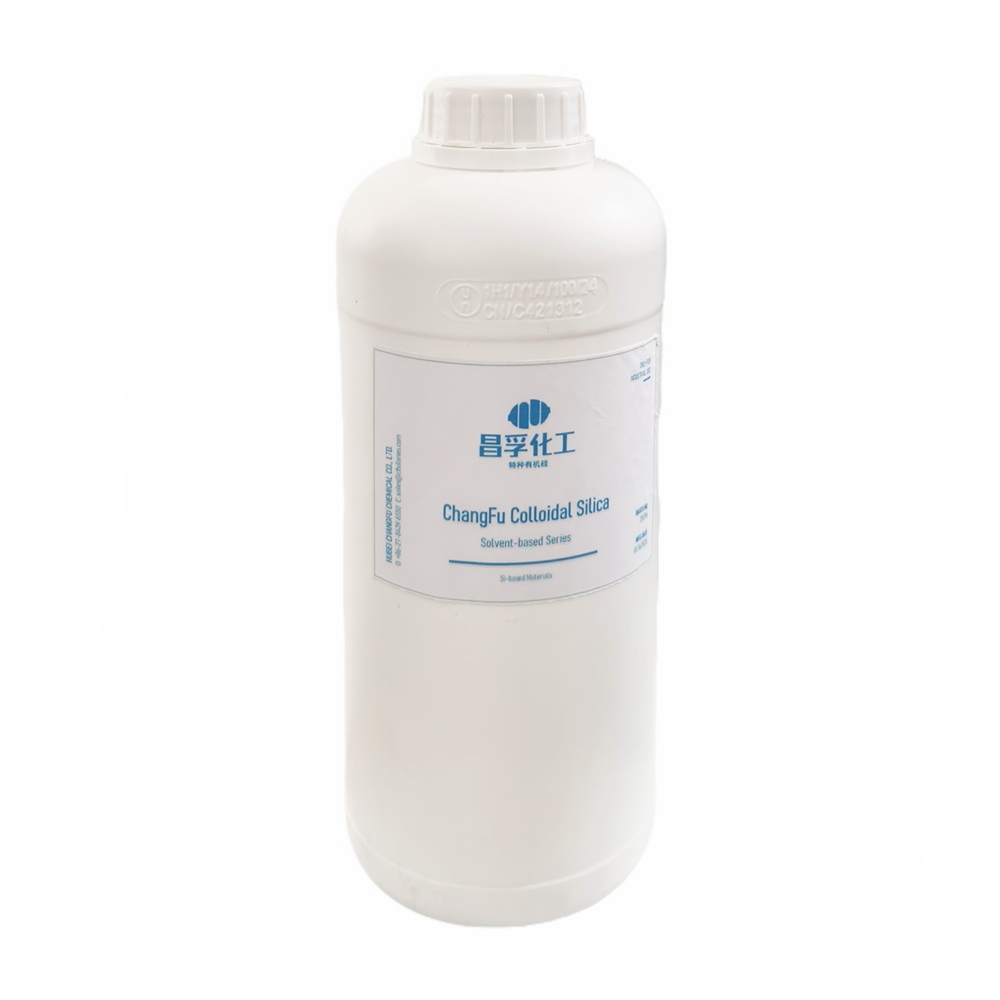


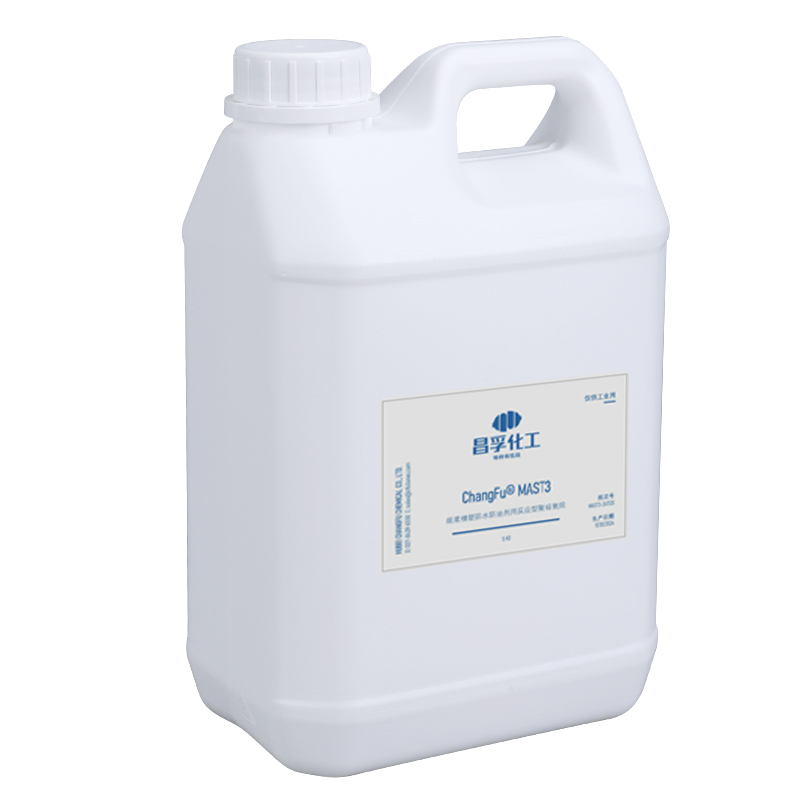





































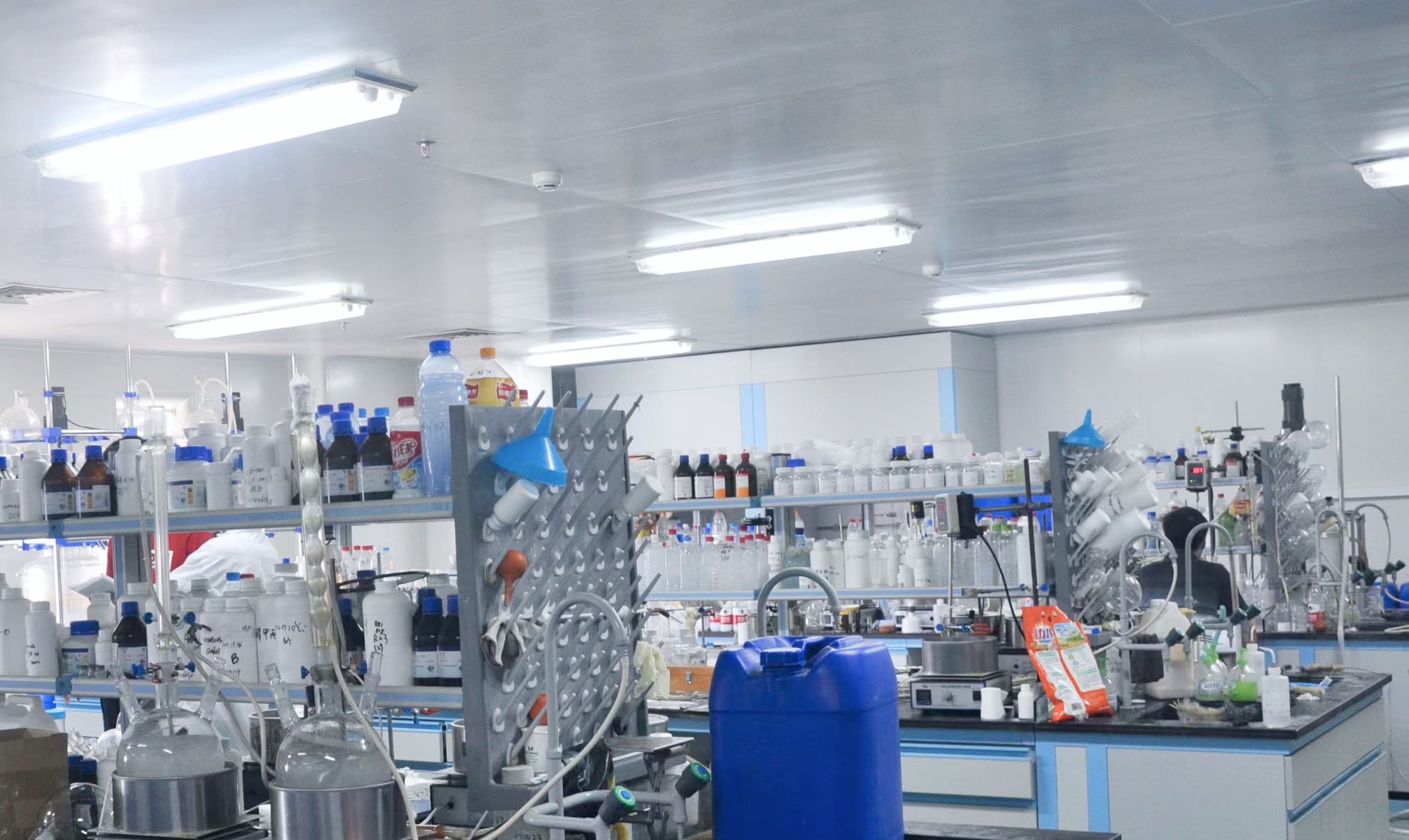

+86 27 8439 6550
+86 181 6277 0058
sales@cfsilanes.com
Optics Valley Bio-City
No. 666, Gaoxin Avenue
Hongshan District, Wuhan City

+86 27 8439 6550 | +86 181 6277 0058
sales@cfsilanes.com
Optics Valley Bio-City
No. 666, Gaoxin Avenue
Hongshan District, Wuhan City
Copyright © Hubei ChangFu Chemical Co., Ltd. All Rights



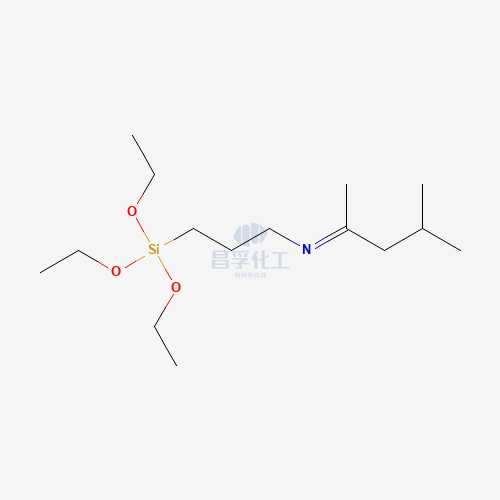
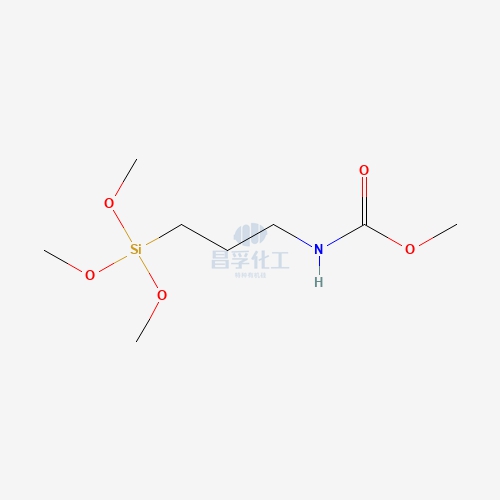
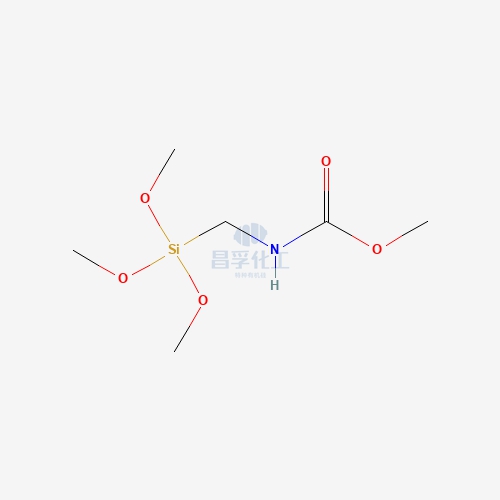
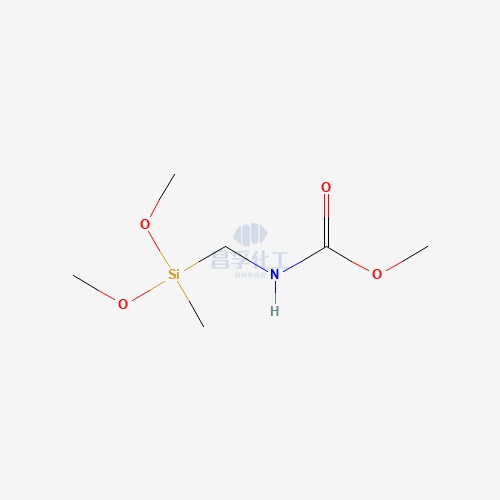
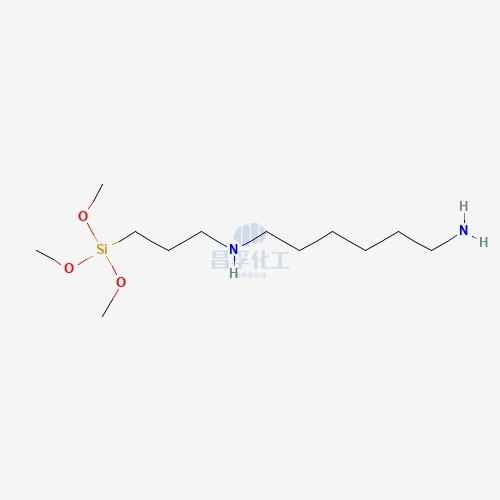
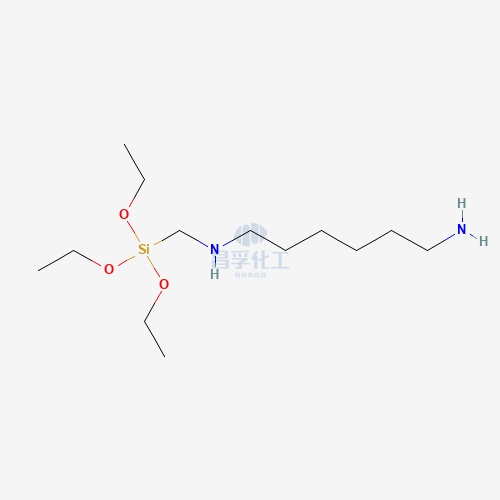
![N-[5-(Trimethoxysilylpropyl)-2-aza-1-oxopentyl]caprolactam CAS: 106996-32-1 106996 32 1 N-[5-(Trimethoxysilylpropyl)-2-aza-1-oxopentyl]caprolactam CAS: 106996-32-1 106996 32 1](https://cdn.yofishseo.com/1363882761272232/106996-32-1.jpg)
